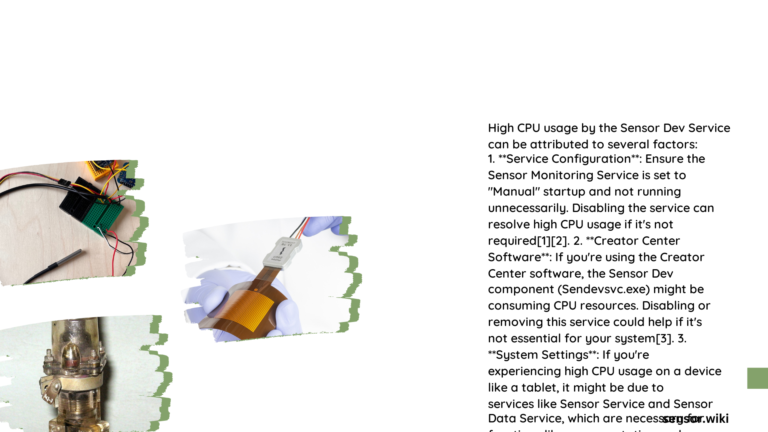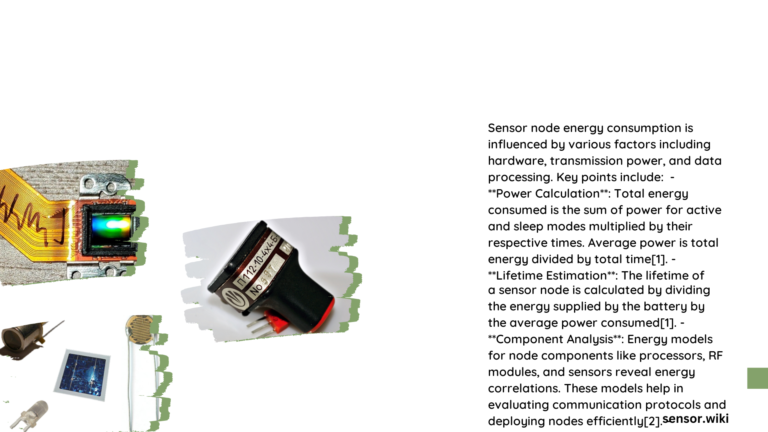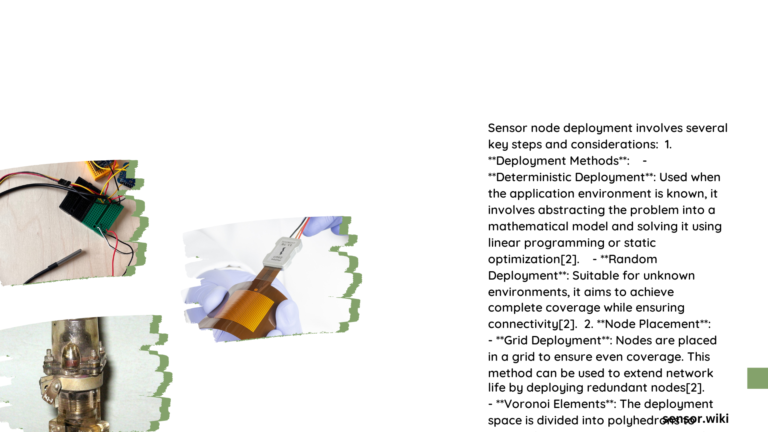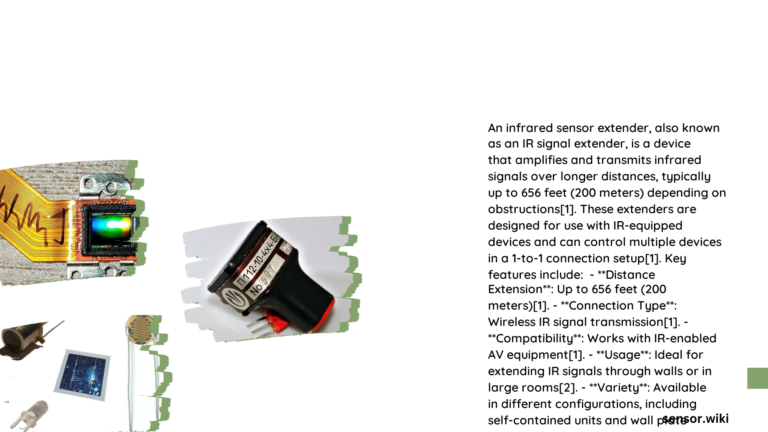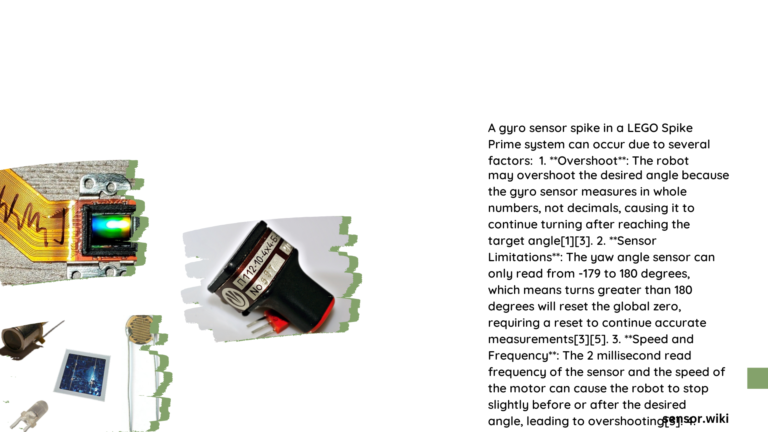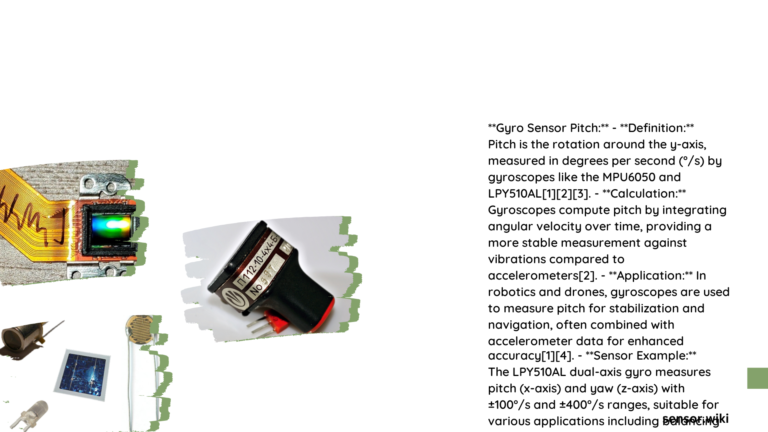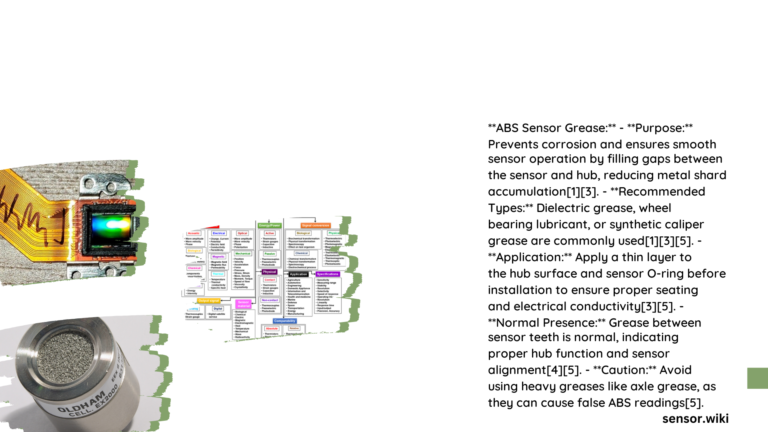Gas Sensor Sensitivity Definition: A Comprehensive Guide
Gas sensor sensitivity definition refers to the measure of a sensor’s ability to detect and respond to changes in gas concentration. It is typically expressed as the ratio of the change in the sensor’s electrical properties to the change in gas concentration. This crucial parameter determines the accuracy and reliability of gas detection systems across … Read more



